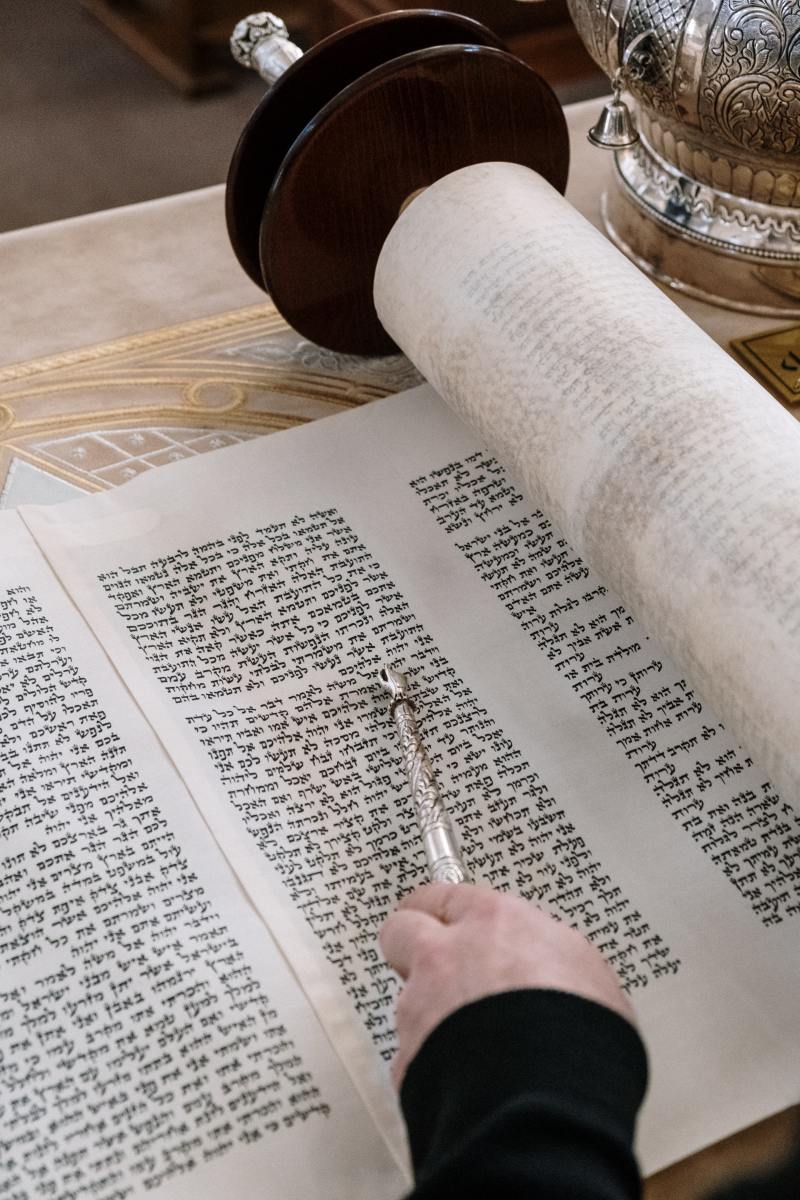Catholicism and the Ten Commandments
the Holy Bible

Catholicism and the Ten Commandments
Based on what is written in Exodus of the Old Testament, God has given His set of laws to the people through Moses. The Ten Commandments were given to Moses on Mount Sinai and has always been considered divine because it was God himself who gave revealed them. The Commandments were clearly stated that is why there are no exemptions, or no one can expect any ambiguity. They are positively stated but there are also some written versions of it that were negatively stated (Dummies.com, 2018).
The first commandment, "The Lord thy God shalt thou worship, and him only shalt thou serve." (Luke 4:8; talks about inhibition on worshiping false gods and goddesses. It also forbids polytheism and instead promotes adherence to belief on one God or monotheism. This hinders the people during the biblical times to make golden calves, building temples for Isis and worshiping statues like that of Caesar (Catholicity.com, 2018).
Worship and honor should be given to God alone and the idols or false gods that are referred to in the first commandments would be like the golden calf that was built by the Israelite while Moses was at Mount Sinai. Strange gods or idols may seem vague for some because it could also mean excessive reverence for money, power, person, entertainment or personal glory and honor.
The second commandment directs the people to respect the Lord’s name. It is one of the virtues of religion which pertains to the use of sacred matters even in the way people speak. The name of the Lord is considered holy because of His divine nature and therefore people must not abuse it. Using the name of the Lord with respect means, keeping it in mind in adoration, and only use it when speaking to bless, praise and glorify God.
The sense of the sacred is part of the virtue of religion:
Are these feelings of fear and awe Christian feelings or not?. . . I say this, then, which I think no one can reasonably dispute. They are the class of feelings we should have - yes, have to an intense degree - if we literally had the sight of Almighty God; therefore, they are the class of feelings which we shall have, if we realize His presence. In proportion as we believe that He is present, we shall have them; and not to have them, is not to realize, not to believe that He is present (Vatican, 2018).
Some examples were given on how people do not show respect for the name of the Lord, among these is using the name of the Lord when making promises to others this means they engage the divine honor, fidelity, truthfulness and authority but when one becomes unfaithful it is also the same as making God out to be a liar. Blasphemy is also considered as a disobedience to the second commandment. It consists if utterance or words of hatred that defies God. Oaths that misuse the name of the Lord are also a demonstration of lack of respect for the Lord. This is invoking God’s name and relates divine truthfulness to the truthfulness of one’s own words.
Jesus himself, reiterated about respecting the name of the lord during his sermon at the mount. He explains that giving oath which involves reference to God must be honored at all times. St. Paul likewise explains in the tradition of the Church that oaths must only be given for the right reasons and that the name of the Lord should not be invoke in an oath unless it is to witness to the truth both in justice and judgment (Packer, 2008).
As a demonstration of faithfulness, one is required to honor God and in all sense possible love him with all of his heart, mind, soul and strength, the same way that man must respect God’s name with equal passion and vigor. In showing reverence for God it is also important that his name is not used in vain such as when cursing or in an irreverent manner like making jokes. It is not to be used too when making promises that are not intended to be kept.
The First Two for You
The first two commandments teach people two major virtues, the first about loyalty and the second about worship. Loyalty is accorded to God who is the creator and deliverer. The first commandment also establishes the relationship between God and man. Having a personal relationship with God is an important commitment for man and there should not be anything that would prevent man from serving or obeying God. The second commandment also tells that God is a jealous God; He does not want man or the people to be worshiping other gods or meaningless idols. It is also a reminder for everyone that man has been created in the image of God and can also be transformed into the spiritual image of God. The relationship man has been able to establish through the first commandment is being protected by the second (Young, 2018).
Conclusion
Reverence to God is one way of honoring his dignity and worshiping idols or other gods is comparable to acting like a traitor to a king by taking from him what he deserves. The commandments are given to guide people in their daily life. The commandments are not meant to scare people but are reminders of man’s duties towards God.
ReferencesCatholicity.com. n.d. 25 November 2018 <https://www.catholicity.com/baltimore-catechism/lesson16.html>.
Dummies.com. n.d. 25 November 2018 <https://www.dummies.com/religion/christianity/catholicism/catholicism-and-the-ten-commandments/>.
Packer, J.I. (2008). Keeping the Ten Commandments. Illinois: Crossway.
Vatican. n.d. 25 November 2018 <http://www.vatican.va/archive/ccc_css/archive/catechism/p3s2c1a2.htm>.
Young, Kevin D. (2018). The Ten Commandments: What They Mean, Why They Matter, and Why We Should Obey Them. Illinois: Crossway.








